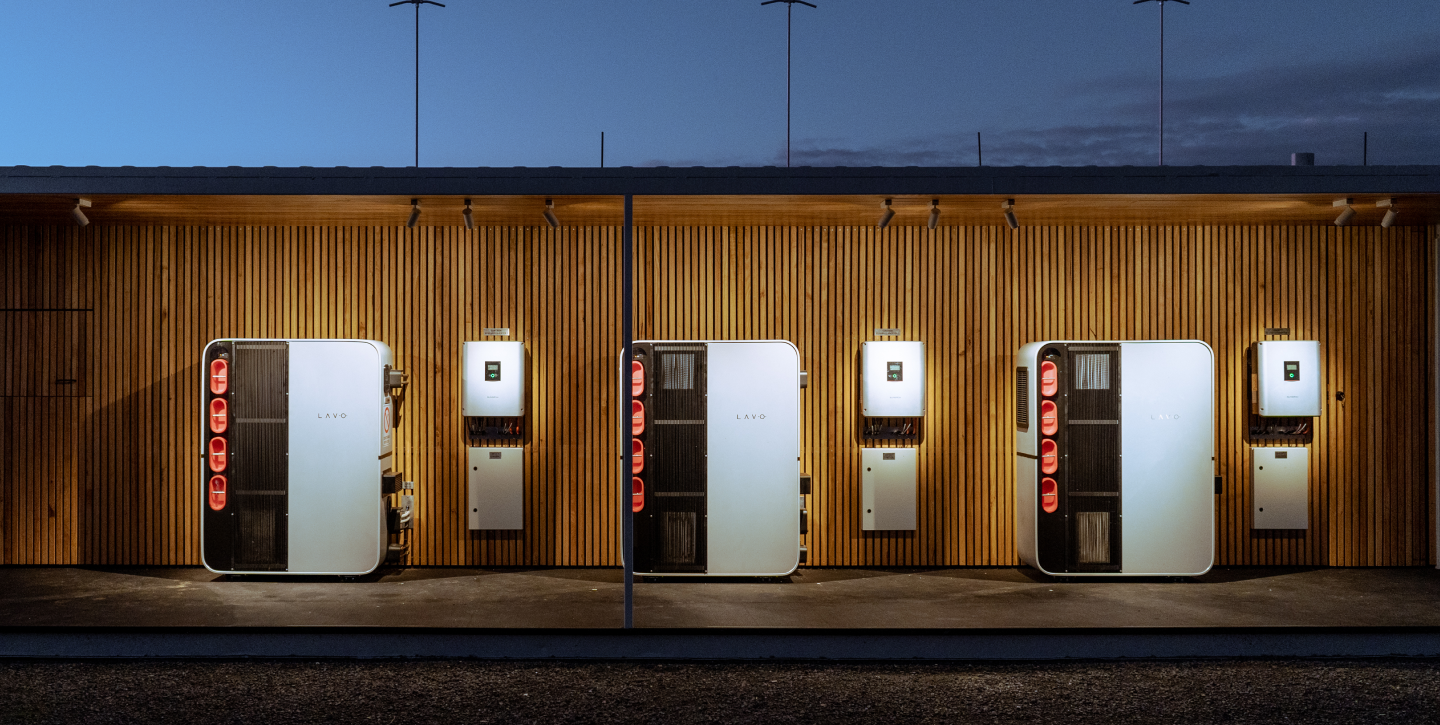jetjaguar
New Member
It's late and I might be a bit stoned but I'm thinking about electricity and water and gas.
Let's say there are days where your batteries are charged to 100% by 12:00pm. What to do with the extra electric power you have and aren't going to sell for 1/100 the price to the power company? Electrolysis.
You use that extra energy to split water into its constituent parts, store the H, breathe the O, and use the H in a boiler to heat the house.
Reading the internet makes me think Hydrogen boilers are experimental at this point, but some adoption in the UK? The most tricky part for the whole thing seems to be transport. Flooding highly flammable gas into the existing natural gas system seems like a problem. But at home it would be an on-premise solution without any transport.
I can't be the first person to think of this. Anyone doing this? Interesting threads?
Let's say there are days where your batteries are charged to 100% by 12:00pm. What to do with the extra electric power you have and aren't going to sell for 1/100 the price to the power company? Electrolysis.
You use that extra energy to split water into its constituent parts, store the H, breathe the O, and use the H in a boiler to heat the house.
Reading the internet makes me think Hydrogen boilers are experimental at this point, but some adoption in the UK? The most tricky part for the whole thing seems to be transport. Flooding highly flammable gas into the existing natural gas system seems like a problem. But at home it would be an on-premise solution without any transport.
I can't be the first person to think of this. Anyone doing this? Interesting threads?




